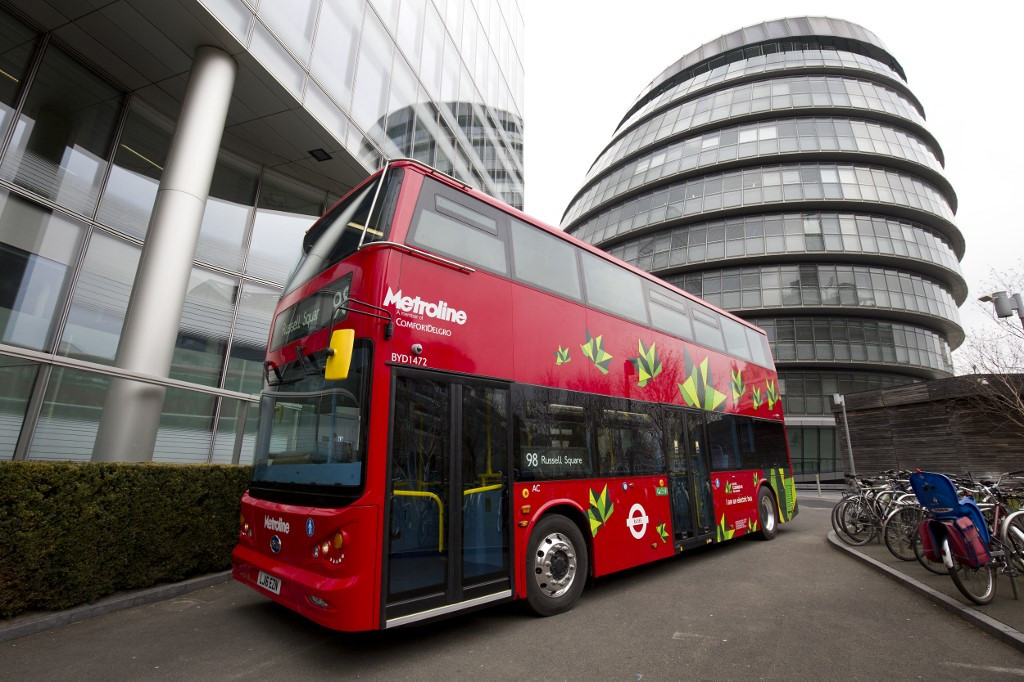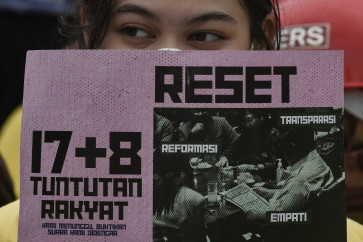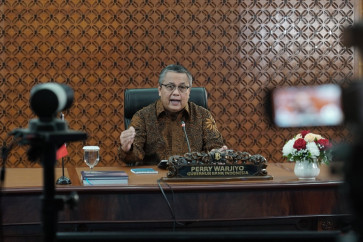Popular Reads
Top Results
Can't find what you're looking for?
View all search resultsPopular Reads
Top Results
Can't find what you're looking for?
View all search resultsLondon bus garage turns 'virtual power station' in world's largest trial
Change text size
Gift Premium Articles
to Anyone
A
London bus garage is set to become a "virtual power station" in the world's largest trial of a new technology to help Britain meet its 2050 net-zero climate change target.
From November, the government-funded vehicle-to-grid project will take energy from 28 parked zero-emission electric buses and feed it into the grid during times of high energy demand, making the electricity network more efficient.
"If the entire London bus fleet of around 9,000 vehicles was converted with the technology, it could meet the energy needs of more than 150,000 homes," said SSE Enterprise, an energy company involved in electrifying London's bus garages, in a statement.
Britain has set a target of reaching net-zero greenhouse gas emissions by 2050, the first among the major G7 countries to set such a goal, which will involve huge changes, including increasing renewable electricity generation.
Read also: What is the bidirectional V2G technology being tested by auto manufacturers?
London has one of Europe's largest electric bus fleets with more than 200 vehicles, and Britain hopes to speed up the shift to electric vehicle with a ban from 2035 on the sale of new petrol and diesel cars.
"Developing a fully electric bus fleet is a vital tool in the fight against climate change and poor urban air quality," said Simon Roberts, a transport expert with C40, a network of nearly 100 big cities acting on climate change.
"The potential for battery electric vehicles to help with energy storage and security adds yet more reasons why cities should be seeking to roll out electrified bus fleets as soon as possible," he told the Thomson Reuters Foundation.











